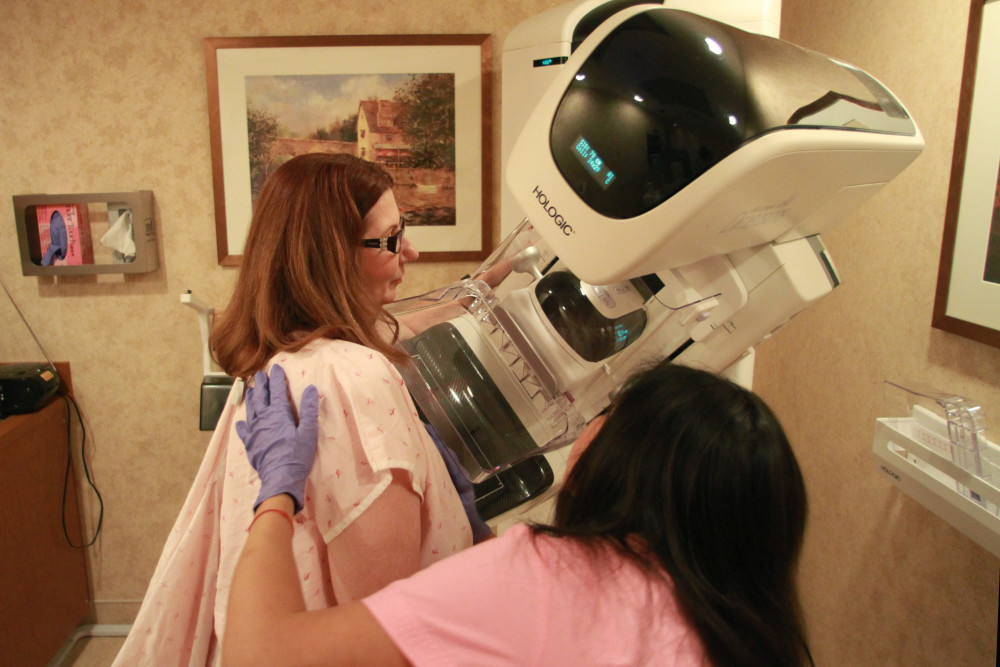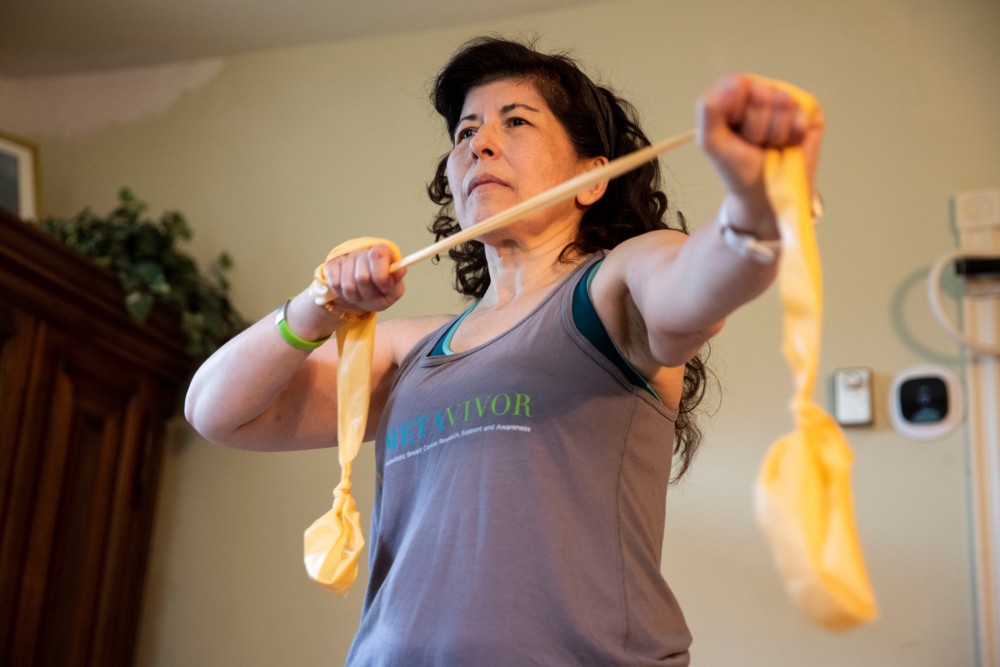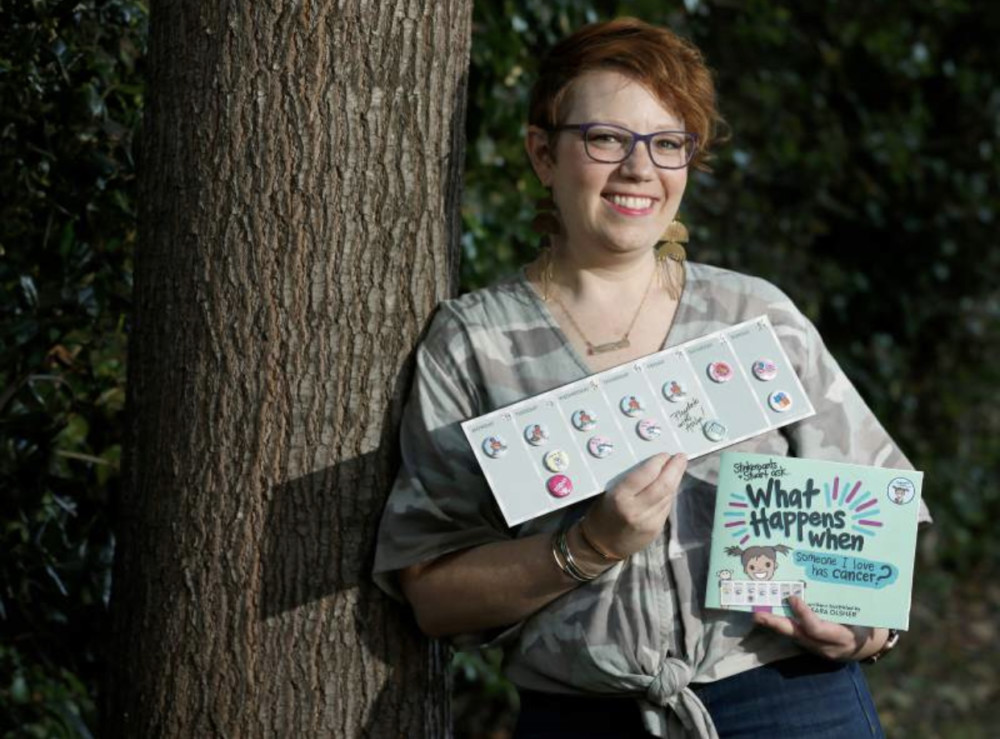By Todd Ackerman
Houston Chronicle.
Likely because of their doctors’ ignorance, many women with a particularly aggressive and lethal kind of breast cancer don’t receive the full treatment most likely to beat the disease, according to a Houston study.
M.D. Anderson Cancer Center researchers are reporting that one in three patients with inflammatory breast cancer don’t receive chemotherapy, surgery and radiation, the treatment recommended by national advisory groups.
This variety of breast cancer is rare enough that it’s typically unrecognized by patients and often misdiagnosed by doctors.
“These numbers are kind of shocking,” said Dr. Naoto Ueno, executive director of M.D. Anderson’s Morgan Welch Inflammatory Breast Cancer Program and one of the study’s authors. “The treatment’s a no-brainer. It’s standard care, nothing new.”
Ueno said the study underscores the need for women with inflammatory breast cancer to be treated at a large cancer center. “If they go to places without the specialized expertise, they’re risking their lives,” he said.
M.D. Anderson’s treatment and research program was the world’s first devoted specifically to inflammatory breast cancer, named for its characteristic red inflammation in the breast and caused by microscopic tumor cells that clog lymph vessels.
M.D. Anderson launched the program in 2006, an effort to make expert care available to as many patients as possible and to provide a more sizable patient population for research.
Doctors at the clinic treat roughly 100 inflammatory breast cancer patients a year, up from the 25 to 30 they saw before the program’s inception.
Though the disease type accounts for no more than 4 percent of breast cancers, it is particularly lethal.
It kills from 45 to 60 percent of patients within five years and represents about 10 percent of the nearly 39,500 annual deaths from breast cancer.
Patients receiving all three therapies had the best survival rates, the study found; 55 percent were still alive five years after treatment.
The percentage dropped to 43 percent if they had only surgery and chemotherapy and 41 percent if they just had surgery and radiation.
Ueno said the study was prompted by the impression that many inflammatory breast cancer patients weren’t receiving the standard of care. He said M.D. Anderson doctors see some patients with “weird” treatment histories.
The research, published in the Journal of Clinical Oncology in July, looked at the records of more than 10,000 women treated for non-metastatic inflammatory breast cancer to determine what percent had received the recommended regimen of chemotherapy, mastectomy and radiation, in that order.
The team used data from 1998 to 2010 from an oncology outcomes database for more than 1,500 hospitals.
The percentage of women getting all three treatments fluctuated annually between 58.4 percent and 73.4 percent, according to the study.
The number increased steadily until peaking in 2004, but by 2010 it dropped to 65.9 percent.
Ueno said he can’t understand why the number of women getting the correct treatment has continued to go down.
Inflammatory breast cancer is better known now, the subject of news media reports and specialty programs at other cancer centers.
Dr. Massimo Cristofanilli, director of the breast care center at the Sidney Kimmel Cancer Center at Thomas Jefferson University in Philadelphia, said the study confirms concerns about non-specialists’ treatment.
“In the community there’s a lack of understanding about the complexity and aggressive nature of inflammatory breast cancer,” said Cristofanilli, previously director of M.D. Anderson’s program. “It’s frequently treated not in a multidisciplinary fashion but using a sequence of modalities based on local availability.
buy lasix online https://www.mobleymd.com/wp-content/languages/new/lasix.html no prescription
”
Cristofanilli added that the lack of a dedicated pathologist with inflammatory breast cancer expertise can further complicate the evaluation of these patients.
One such patient was Lourdes Suggs, a Georgia woman being treated at M.D. Anderson after a doctor in Macon diagnosed her with breast cancer but nothing more specific than that.
She’d never heard of inflammatory breast cancer, but she decided that her symptoms — a breast that was enlarged, warm and suddenly had an orange peel texture — suggested she should seek treatment at a top center.
As soon as M.D. Anderson’s doctors saw her, she says, they knew it was inflammatory breast cancer.
“I feel like the decision saved my life,” said Suggs, 50, a retired teacher who has finished chemotherapy and surgery regimens and is about to start radiation.
“I’m cancer-free now, and I’m looking forward to a long future with my grandchildren. I don’t think I’d have had five years if I’d stayed in Georgia for treatment.”

















































































































































































































































































































































































